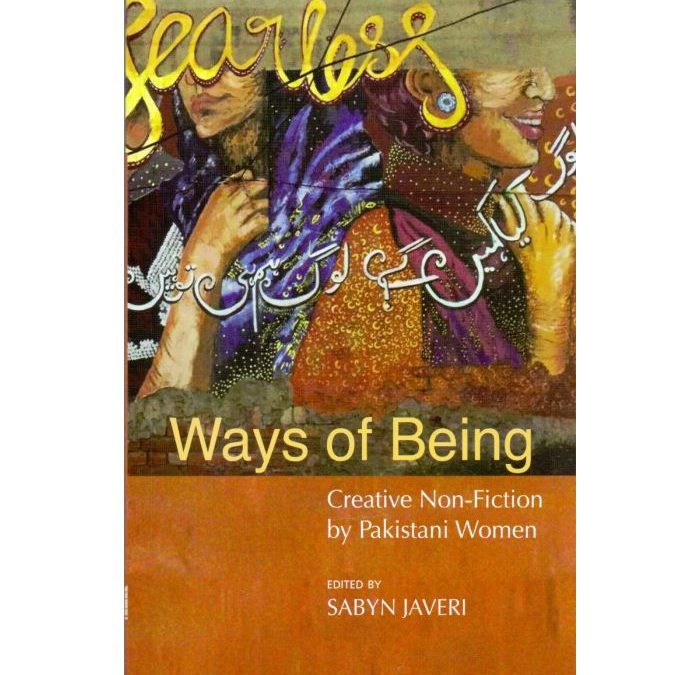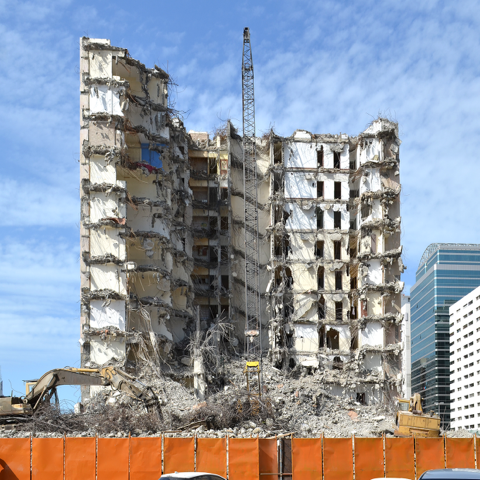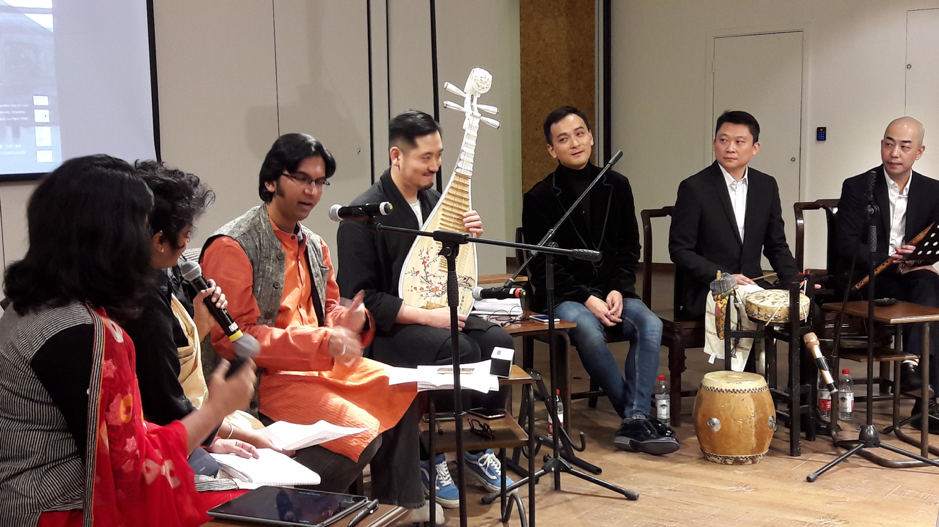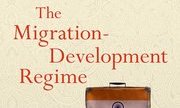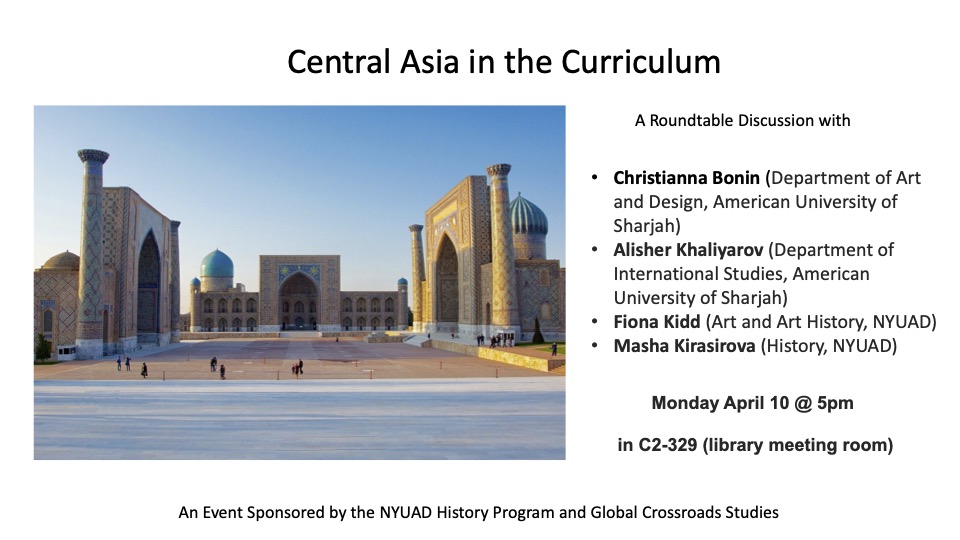Open to the NYU Abu Dhabi community and by invitation.
27th April 2023. 17.00.
The Reading Room, NYUAD Art Gallery (A4-008).
With Tejaswini Niranjana.
Journeys involving music, migration and modernity have been central to my thinking about cultural practice in the last couple of decades. From African-Asian crossings in the Caribbean to Hindustani music in Mumbai to Indian-Chinese musical crossings, these journeys traverse issues of nationhood and subject-formation as they take shape in the global south. As I explore these trajectories of music and voice production, I try not to use the vocabulary of fusion and multi-culturalism which tend to flatten into easy resolution a host of complicated histories of connection and dis-connection. The focus of my talk is on Saath-Saath, a project that brings together vocalists, instrumentalists and a poet from India, Hong Kong, and Mainland China. These artists met from 2016 to 2020 across these different locations and made music together as they experimented with language and melody. Their album was released in 2021 and was nominated for the Grammy Award. The docufilm, Movement Traces (dir. Surabhi Sharma, 2021) maps the musicians’ journey. During this talk I will play songs from the Saath-Saath album as well as clips from the film.
Speaker bio:
Tejaswini Niranjana is Director, Centre for Inter-Asian Research, and Dean, Online Programmes at Ahmedabad University. From 2016-2021 she was Professor and Head, Department of Cultural Studies, Lingnan University, Hong Kong, and Director, Centre for Cultural Research and Development. She is co-founder of the Centre for the Study of Culture and Society, Bangalore, which offered an innovative inter-disciplinary PhD programme from 2000-2012.
Professor Niranjana is the author of Siting Translation: History, Post-structuralism and the Colonial Context (University of California Press, 1992), Mobilizing India: Women, Music and Migration between India and Trinidad (Duke UP, 2006), and Musicophilia in Mumbai: Performing Subjects and the Metropolitan Unconscious (Duke UP, 2020). Her most recent edited volumes include Genealogies of the Asian Present: Situating Inter-Asia Cultural Studies (Orient Blackswan, 2015) with Wang Xiaoming; and Music, Modernity and Publicness in India (Oxford University Press, 2020).
She is curator of the Saath-Saath Project, a musical collaboration between Indian and Chinese performers: http://saathsaathmusic.com, and producer of three documentary films based on her music research (directed by Surabhi Sharma).
